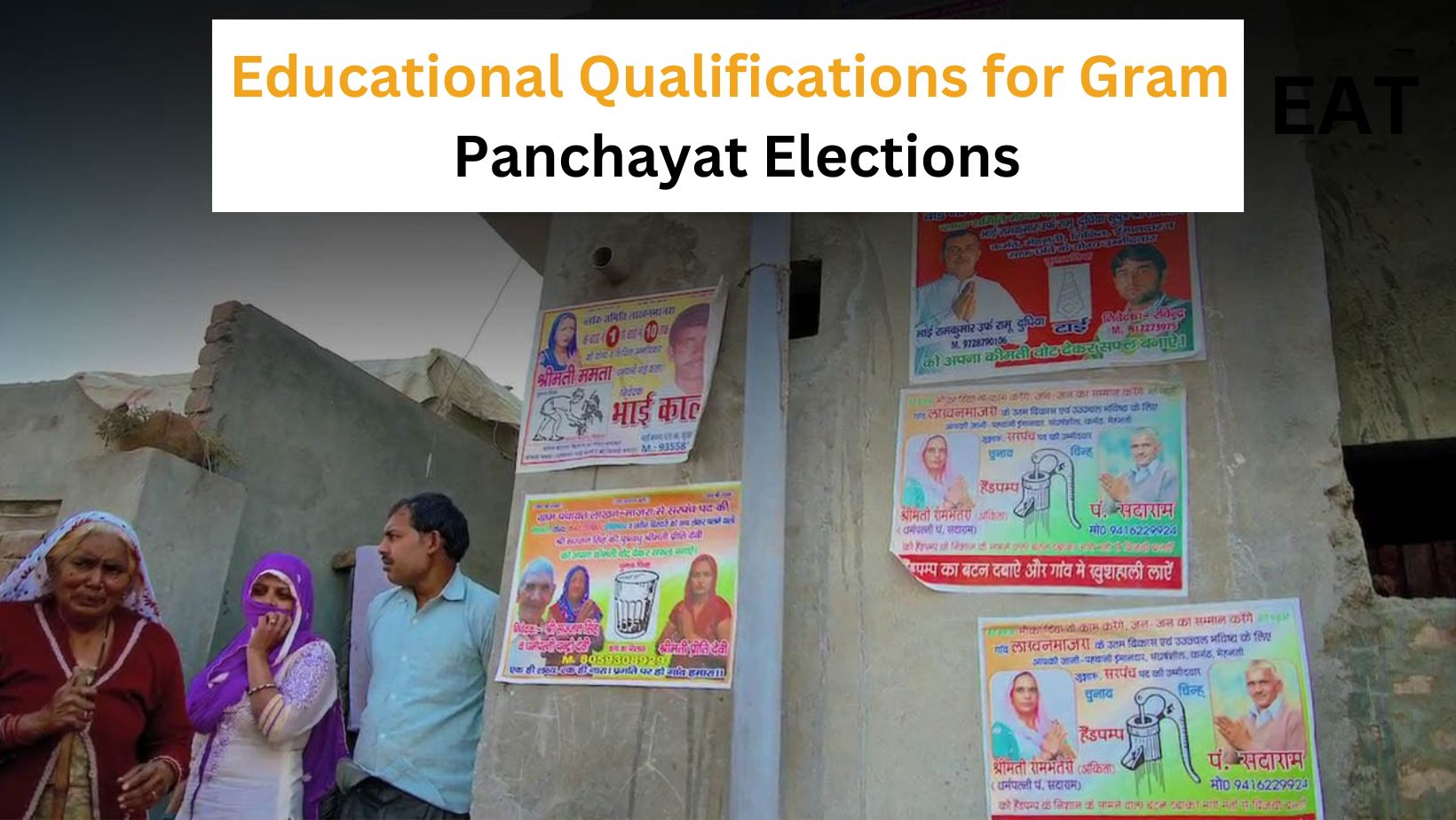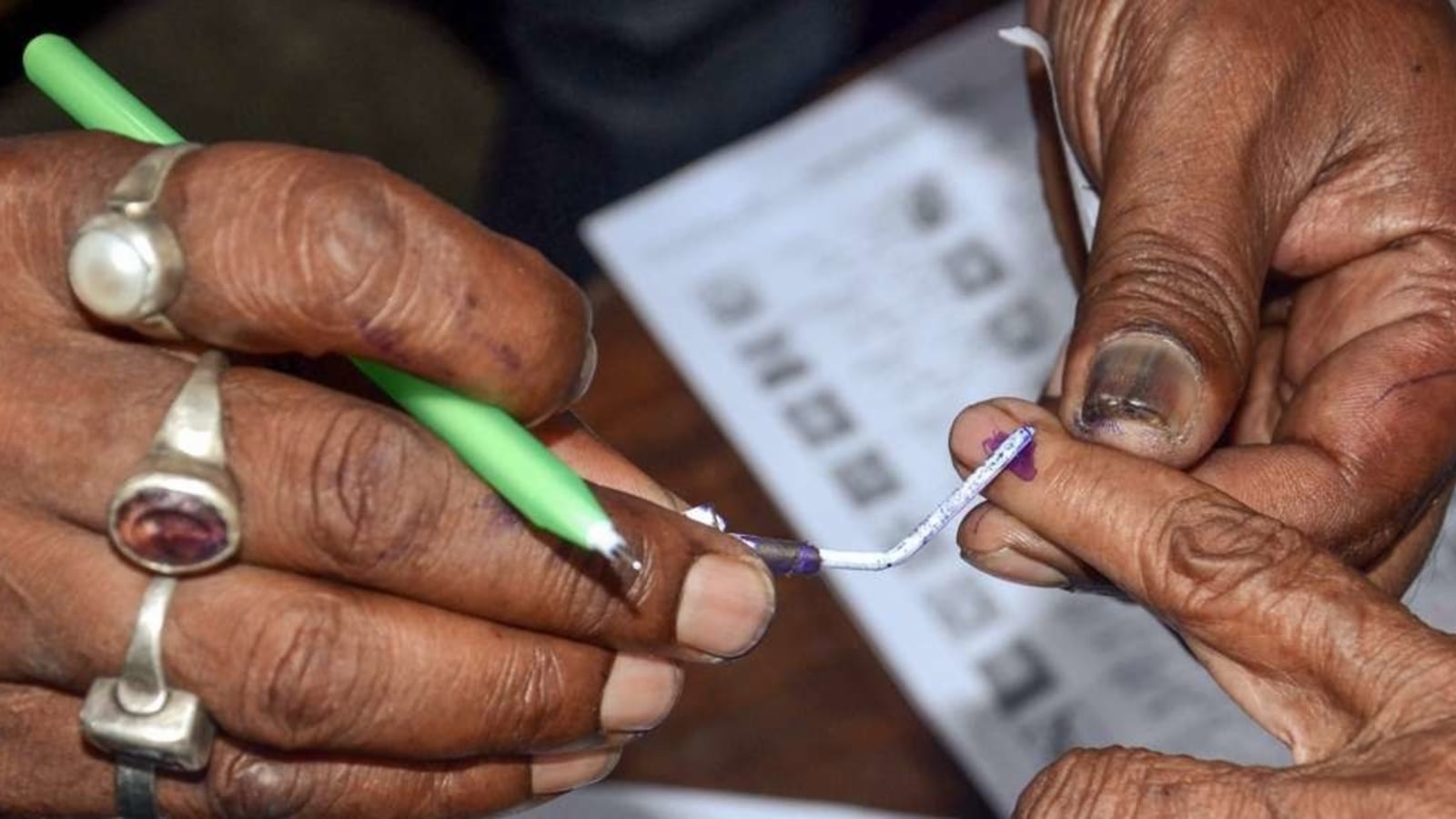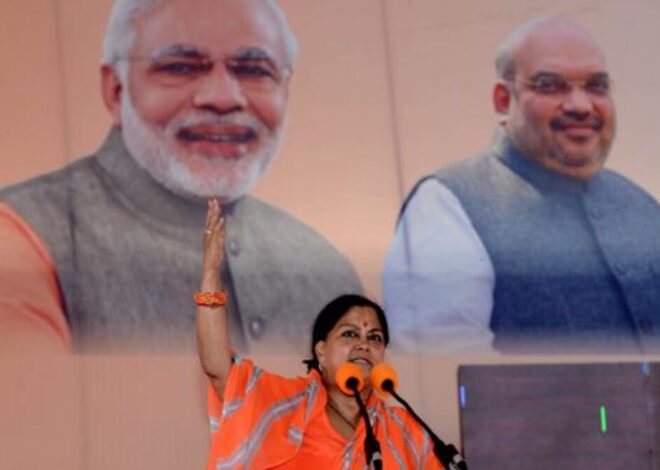
Educational Qualifications for Gram Panchayat Elections
In the vibrant tapestry of India’s democracy, Gram Panchayats serve as the cornerstone of local self-governance. These grassroots governing bodies play a crucial role in shaping the destiny of rural communities. However, there is often a misconception that one must be highly educated to contest Gram Panchayat elections. In reality, the educational qualifications required to participate in this democratic process are more inclusive than one might think.

Read more.. THE LANDSCAPE OF FUTURE ELECTIONS 2023 AND 2024
Read more.. FIVE HEALTH TIPS FOR STAY FIT AND ENERGIZED
The Panchayati Raj system
To grasp the educational qualifications required for Gram Panchayat elections, it’s crucial to first comprehend India’s Panchayati Raj system, a decentralized form of governance consisting of three tiers: Gram Panchayat at the village level, Panchayat Samiti at the block level, and Zila Parishad at the district level, with Gram Panchayats playing a central role in directly engaging with and serving the rural community’s needs.

Read more.. Stranded Canadian PM Departs India As Plane Snag Is Resolved
Educational requirements
Contrary to popular belief, the educational qualifications to contest Gram Panchayat elections are not overly demanding. According to the 73rd Amendment Act of the Indian Constitution, which brought about significant changes in the Panchayati Raj system, the basic educational requirements for contesting Gram Panchayat elections are as follows:
For General Candidates: For General Candidates, meeting the eligibility criteria involves having successfully completed a minimum of the 10th standard or its equivalent examination from a recognized board or institution.
These qualifications ensure that a substantial portion of the rural population is eligible to participate in Gram Panchayat elections. They reflect the essence of grassroots democracy by prioritizing representation from diverse educational backgrounds.
Rationale behind the qualifications
The rationale behind these educational qualifications is to strike a balance between inclusivity and competence in local governance. While it’s crucial to ensure that candidates possess a basic level of education to understand administrative processes, imposing excessively stringent requirements could inadvertently exclude deserving individuals from participating in the democratic process.
Moreover, the Panchayati Raj system values local knowledge, community ties, and the ability to connect with the people over formal education. This approach acknowledges that effective governance often relies on empathy, practical problem-solving skills, and an understanding of the unique challenges faced by rural communities.
Conclusion
To sum it up, the educational prerequisites for running in Gram Panchayat elections in India are meticulously crafted to foster inclusivity, guaranteeing that a diverse range of individuals can engage in grassroots self-governance. While basic educational standards are essential to understand administrative responsibilities, the focus remains on community engagement, local knowledge, and the ability to represent the interests of rural constituents effectively.
As Gram Panchayats continue to play a vital role in shaping the destiny of India’s villages, it is essential to encourage a diverse pool of candidates, bringing forth a rich tapestry of skills and experiences to foster holistic development at the grassroots level.



